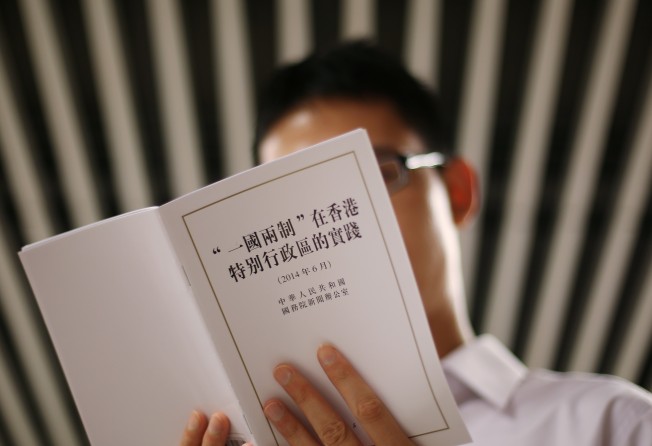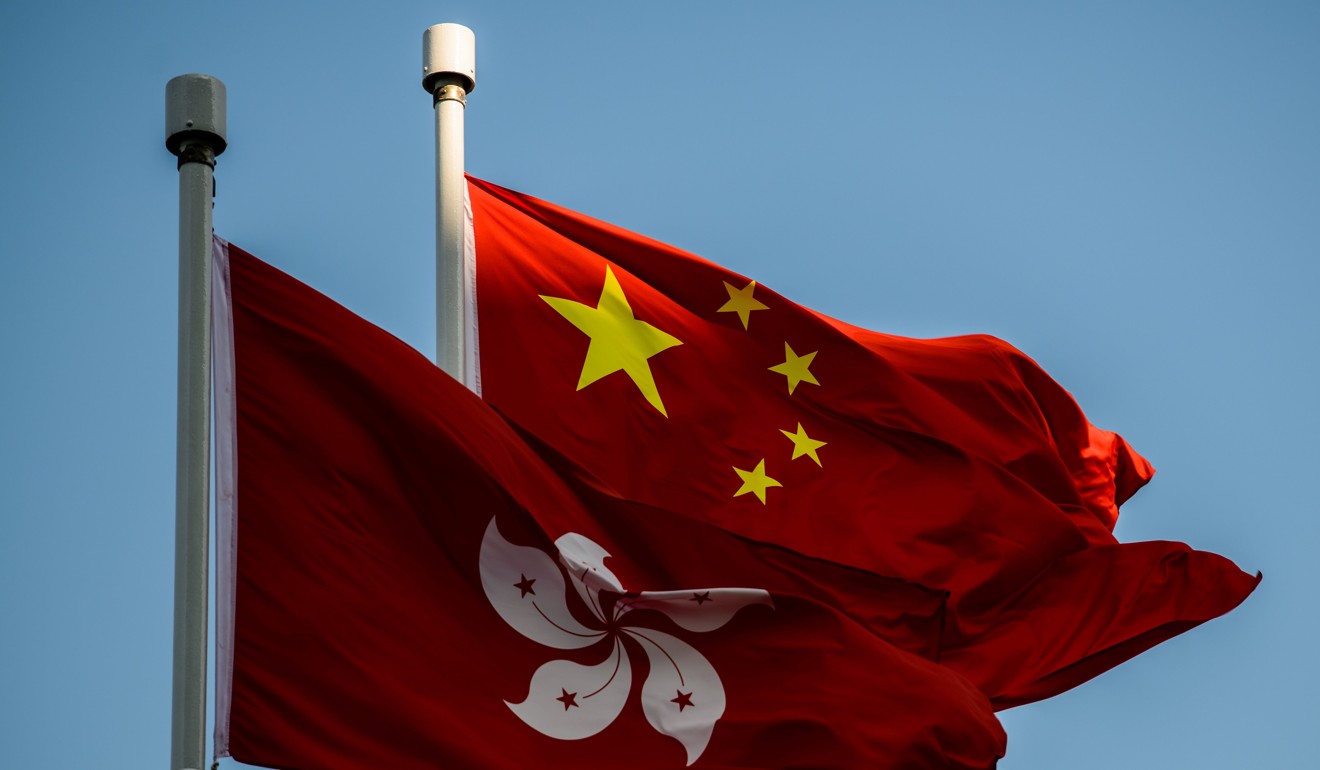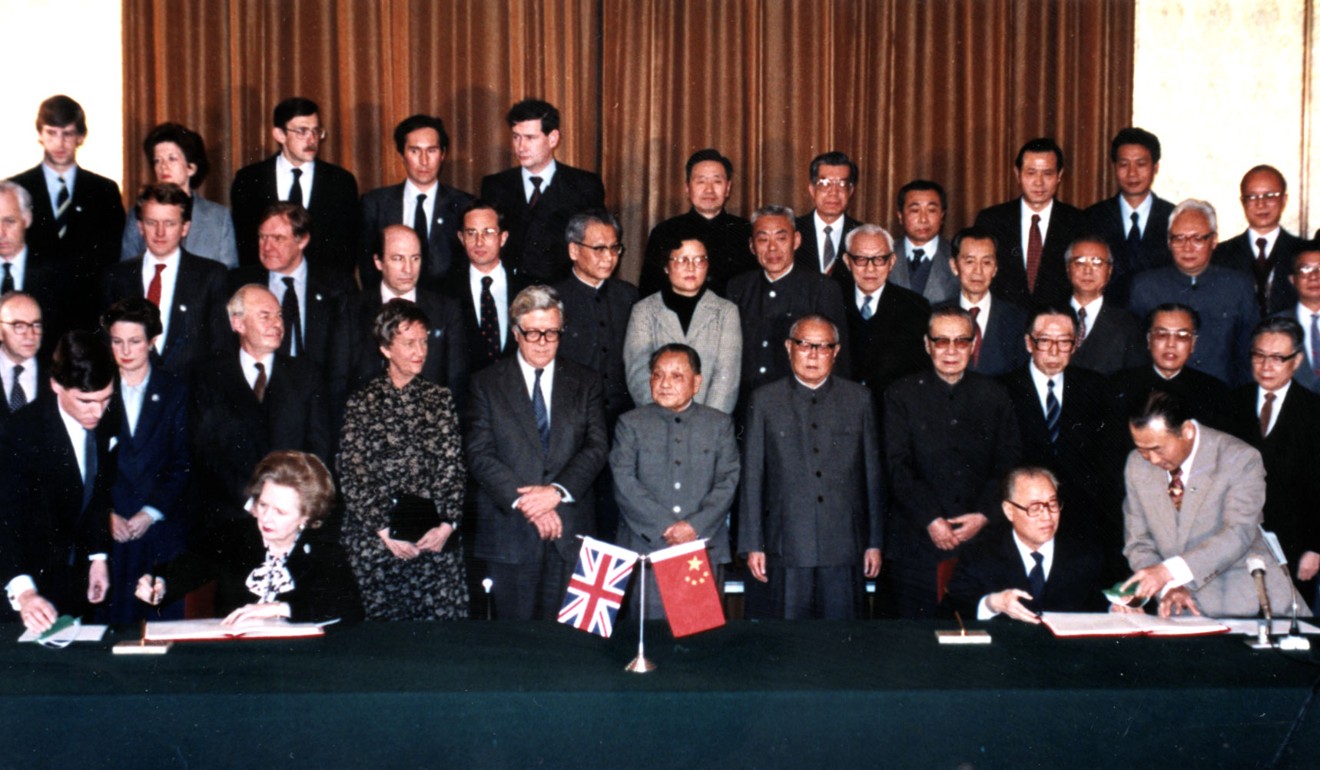Is Beijing tightening its control over Hong Kong? State Council office’s evolving role tells a lot
- Under ‘one country, two systems’, central government sets different priorities depending on what’s happening in city

Is Beijing tightening its control over Hong Kong?
This is a haunting question, but the answer depends on who is talking. Even more so recently after the government banned a pro-independence party and refused to renew a veteran British journalist’s work visa after he chaired a controversial talk at the Foreign Correspondents’ Club by the founder of the party.
Beijing’s answer is definitely “no”, although that cannot clear all the doubts in Hong Kong and among the international community, especially when China is being portrayed as the villain on the global stage by the US during its unprecedented trade war.
As the Chinese saying goes, “With history as a mirror, one can understand the rise and fall of a nation” – or how and why Beijing treats Hong Kong the way it does, in this context.
So let’s look at the history of the Hong Kong and Macau Affairs Office (HKMAO) under the State Council. It is a key department overseeing the city’s affairs with a history of 40 years, spanning the same period as the country’s reform and opening up initiated by the late paramount leader, Deng Xiaoping.
The office keeps some valuable manuscripts and other records of Deng’s major instructions on Hong Kong, including one from the early 1980s in his own handwriting, stating: “[one country, two systems for Hong Kong] is an important issue; we should further discuss it.”
This has been accepted by Beijing as evidence that, regardless of a successful outcome after negotiations with the British, China was from the outset determined to guarantee the city this unique governing formula. It explains why Beijing insists the policy was initiated by China itself and not a product forced out by the numerous rounds of Sino-British talks back then.
China’s open-door policy and the post-1997 fate of Hong Kong were what brought about the birth of the office dedicated to the city’s affairs, as Beijing realised at the time the importance of its unique role. It contributed tremendously to linking China with the outside world.

Time flies, and while Hong Kong is now reviewing and repositioning itself in the country’s future opening up, the role of the HKMAO has also evolved.
The pre-1997 key function of the office was defined by then-director Lu Ping as that of the “gate keeper” of one country, two systems – which was more about making sure other mainland authorities unfamiliar with this concept did not get too involved in Hong Kong affairs.
The role was changed post-1997 to that of “service provider” and “connector”, so as to facilitate more cross-border communication and mutual understanding.
But in recent years, it has emerged that the role has been readjusted to that of the “guardian” of Deng’s design. What does this mean?

The strongest hint comes from the latest reminder by current HKMAO director Zhang Xiaoming: Hong Kong should not be allowed to turn into an anti-Communist Party and anti-China base.
This is not a new idea, given that the original warning came from Deng himself while initiating Hong Kong’s governing formula. But the fact that the HKMAO now sees itself more as the “guardian” reflects how uncomfortable and worried Beijing is about the “one country” side of the policy.
“Only change is eternal,” the late godfather of Canto-pop Roman Tam Pak-sin used to sing in what became a household refrain.
Has Beijing’s tune changed in terms of tightening its grip on Hong Kong? Like it or not, changes on both sides have to be taken into account.